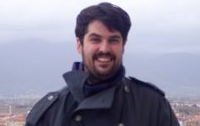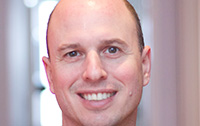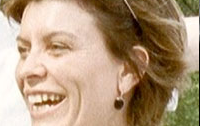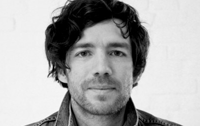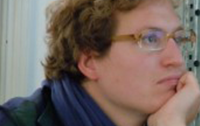Laboratory for Monetary
Research, Swiss Centre for Banking Studies, Lugano.
Stanford University
Niklas Damiris received his doctorate in theoretical biology and the foundations of physics at Wesleyan and Binghamton Universities. He didpost-doctoral work at Stanford in neurophysiology, and was a member ofXerox PARC’s Embedded Computation Area. While working at Apple Research Laboratories, Dr. Damiris is co-founded Pliant Research, a project dedicated to the design of socio-technical systems that flexibly and robustly accommodate changing social needs. Dr. Damiris has been a research fellow at the Institute for Politics, Philosophy and Management, Copenhagen Business.
Dr. Damiris is is currently collaborating on a monograph with Helga Wild, entitled The Wealth of Organizations, where social and ethical reasons are offered in addition to economic arguments for the existence and structure of corporations. He is also collaborating with Sha Xin Wei on a second monograph, entitled Liquid Space, a field-theoretic approach to computational materials and the technology of writing.
Currently Dr. Damiris is consulting researcher at IBM Almaden Research
Center working on services and alternative economies.


